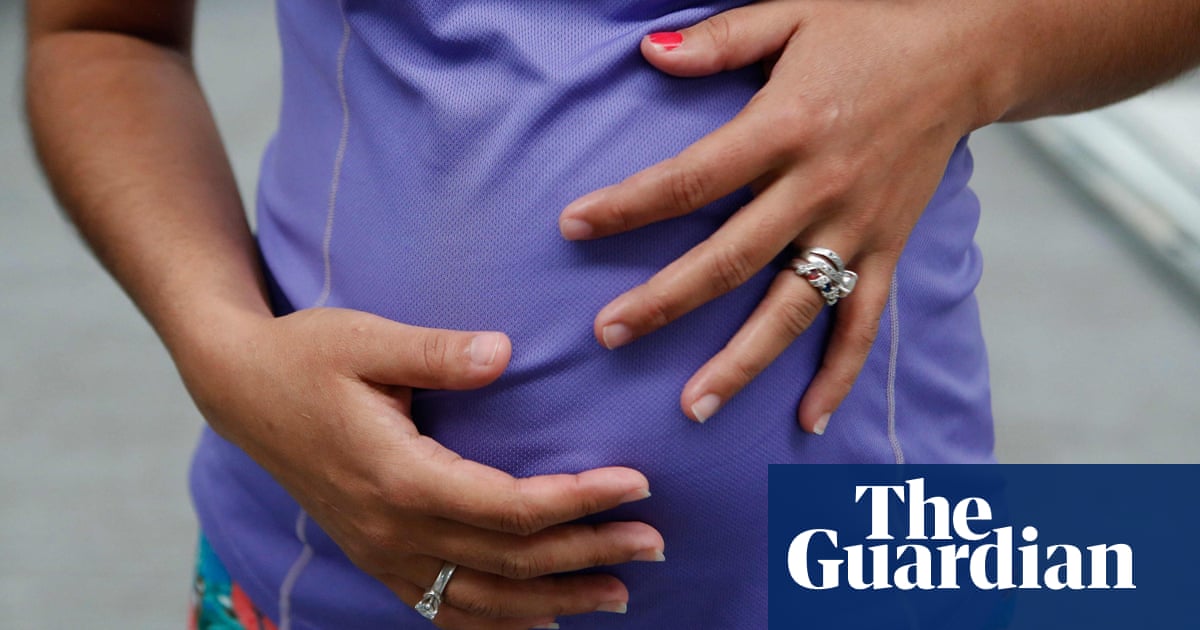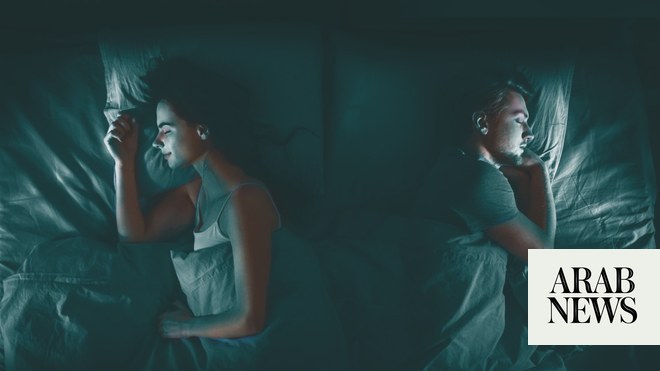
A recent study suggests that women with sleep disorders other than sleep apnea may be more than three times as likely to experience infertility as their counterparts who don’t have trouble sleeping, Reuters reported.
When insomnia was to blame for women’s sleeping difficulties, they were more than four times as likely as peers who slept well to experience infertility, the study also found.
Previous research has linked what’s known as apnea, or disrupted breathing during sleep, with infertility. But the current study looked only at women with other types of sleep disorders, offering fresh evidence of the need for women to pay close attention to healthy habits that can help with sleep if they’re trying to conceive, said lead study author Dr. I-Duo Wang of the Tri-Service General Hospital and National Defense Medical Center in Taipei, Taiwan.
Wang said: “Women of child-bearing age should sleep earlier, avoid night shift work or cellphone use before sleep. A healthy diet, regular exercise and a good lifestyle are important to prevent infertility.”
Roughly 1 in 10 women of childbearing age have difficulty getting pregnant. Most of the time, it’s caused by problems with ovulation, often related to a hormone imbalance known as polycystic ovarian syndrome (PCOS). Some signs that a woman is not ovulating normally include irregular or absent menstrual periods.
Less common causes of infertility in women can include blocked fallopian tubes, structural problems with the uterus or uterine fibroids.
The risk increases with age, and can also be exacerbated by smoking, excessive drinking, stress, an unhealthy diet, too much exercise, being overweight or obese or having sexually transmitted infections.
For the study, researchers examined data on 16,718 women newly diagnosed with sleep disorders between 2000 and 2010 in Taiwan, as well as a comparison group of 33,436 similar women who didn’t have sleep problems. At the start of the study, women were about 35 years old, on average, although they ranged in age from 20 to 40.
After an average follow-up of about five years, 29 participants with sleep disorders had developed infertility, as had 34 women in the comparison group.
Before researchers accounted for age and women’s other medical problems, participants with sleep disorders were about 2.7 times more likely to experience infertility, researchers report in the journal Sleep.
Once the study team factored in women’s age and other health issues, participants with sleep disorders were 3.7 times more likely to experience infertility.












